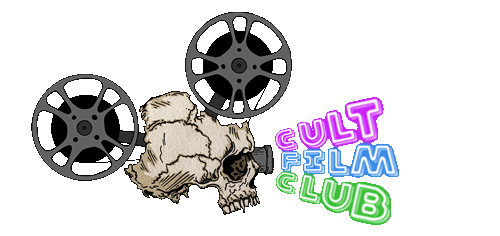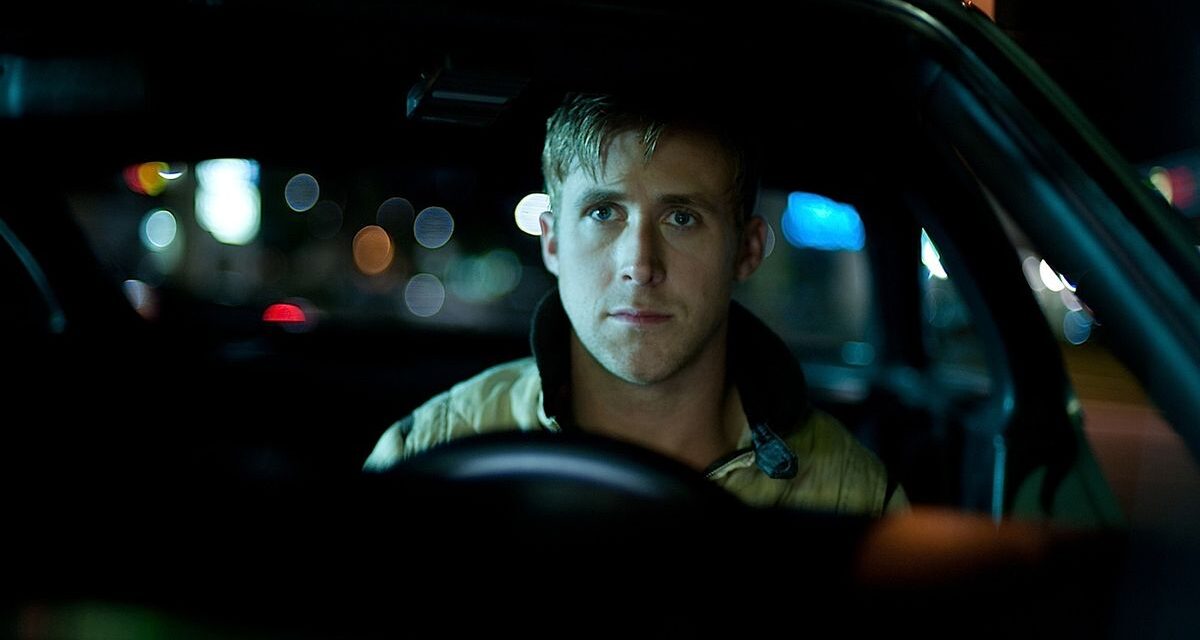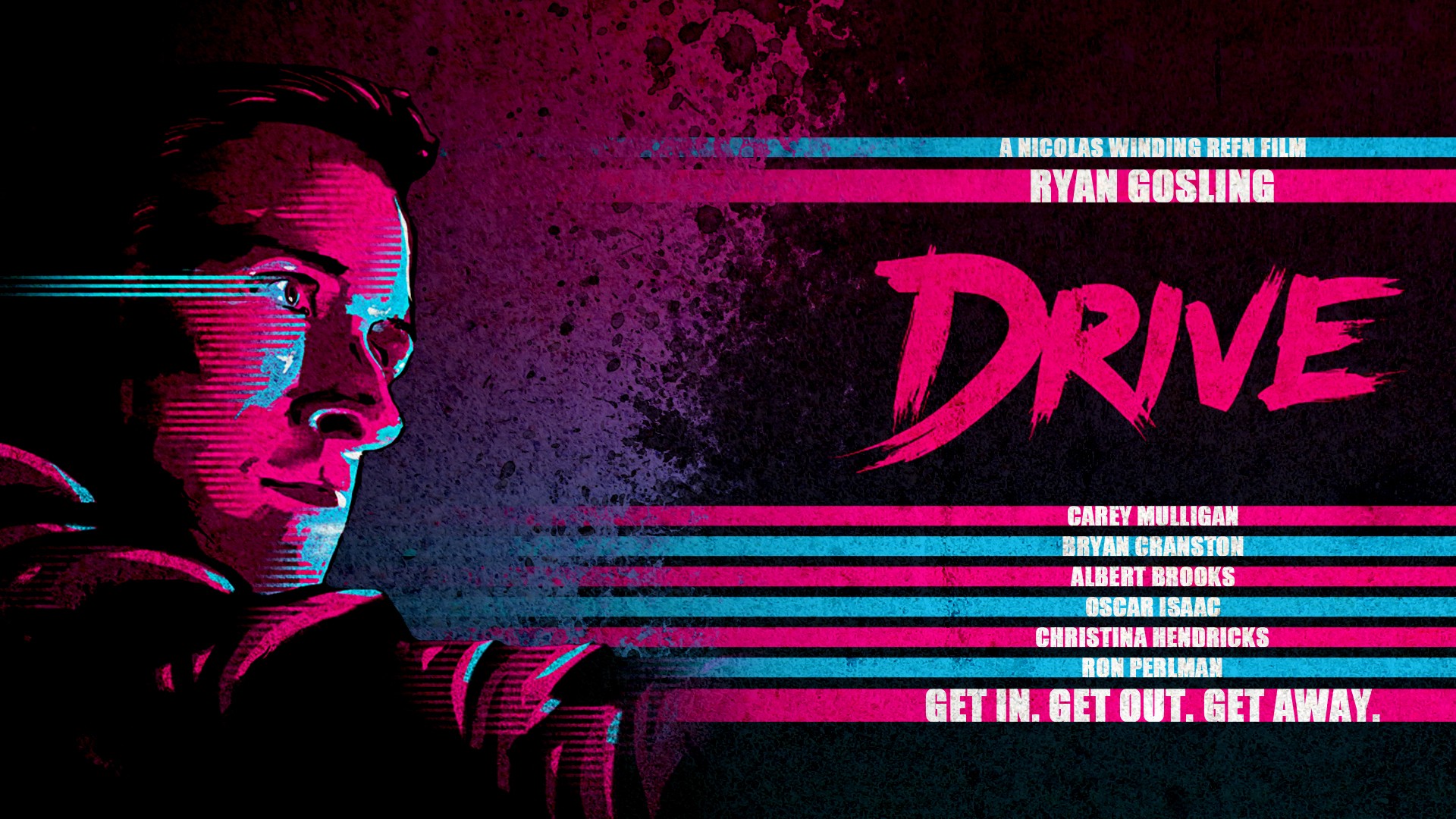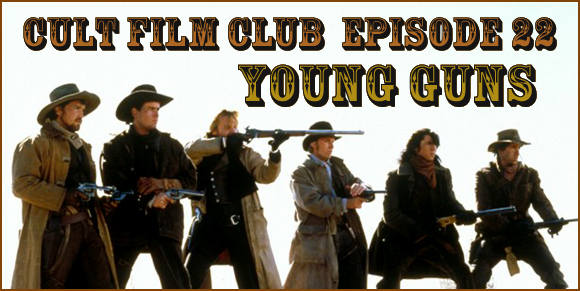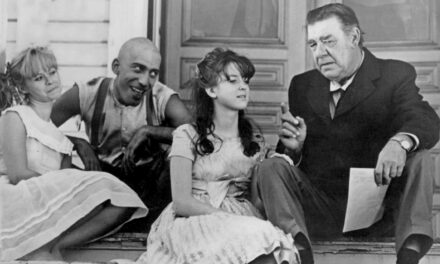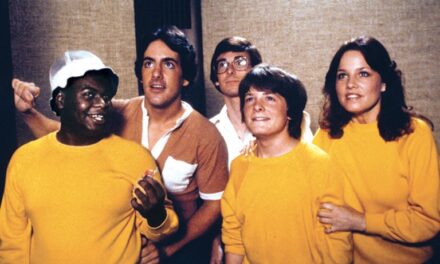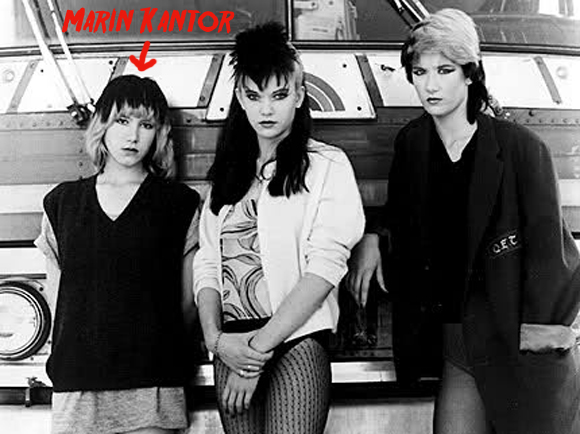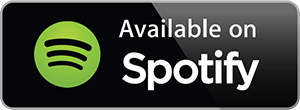I love movies. I mean, I co-host a film podcast, so I know that’s obvious. Even so, I feel like that there is somewhere in this game, the blogging, talking, reminiscing over nostalgic favorites and trying to stay on top of the current cinema landscape it’s easy to forget that this all stems from an intense, poetic, all-consuming love of movies. Drop all the social media politics, all of the jockeying for position on twitter, or being the first to post an empty, yet heartfelt R.I.P. post for whatever celebrity just left this mortal coil. Step away from the lists, the ratings, the trends, the expectations (met or not.) Ignore the blue checkmarks, the likes, and the idea of watching movies to tic off a box in the effort of becoming the genre fan one is expected to be.
Remember what it was like to be listless and bored? To come home from school or work looking for an escape, a 2 hour window where you get to travel to another universe, another planet, another story that is not your own. You didn’t have to research the film. You didn’t have to check Rotten Tomatoes for the report card. And you certainly didn’t have to throw out a Twitter poll of choices so your circle can decide what world you’d enter for that much needed escape from reality. You hit up a video store, scanned the available discs on Netflix that were shoved in your mailbox that week, hit the local cinema or hoped that something awesome was on cable. Maybe you were really feeling a certain actress or actor and you were finally trying out one of their films you’d never seen. Maybe the poster or the cover of the VHS tape or DVD just really grabbed you by the gut. For whatever reason you fired up the VCR, the DVD player, made the trek to the theater or tuned into a channel and then you…just…let…everything…go. You let the movie wash over you and maybe you hated it. Maybe it was meh. Or maybe you found something that felt like a missing piece of you, you never realized you were missing.
Seven years ago I popped in a copy of Nicolas Winding Refn’s Drive into my DVD player and I was obliterated. I didn’t just fall in love with the film, I fell so hard that I seriously considered writing some poetry to sum up my feelings. Outrun had yet to become a hot pink and steel cliché, Ryan Gosling was still trying to shed off the romantic lead typecasting, Christina Hendricks was really starting to make a splash on Mad Men, people were really starting to notice Bryan Cranston, and nobody really even knew who Oscar Issac was. I went into this movie blind and was effectively blindsided. Refn and company’s choices, the stillness, the liquid neon color palette, the amazing synth-y score and the soundtrack full of lesser known acts, and of course the ballet of violence (yes, I just wrote that), tore me apart in the best way possible. I hadn’t had such a visceral reaction to a film since I saw Pulp Fiction on a stolen VHS tape in 1995 just after turning 17. Putting myself back in the mindset I was in during 2012, it was kind of a bleak time for me personally. I’m not going to dig into the personal stuff, but as far as my obsession with movies goes, I felt like I was adrift in a calm sea, floating in a boat with no oars. There were very few modern films that were really making me excited enough to go out to the theater or to bother checking them out on DVD. I’m not saying there were no good films, that is subjective after all, but that the stuff that had been exciting me, the 90s wave of auteur filmmakers for instance, had been evolving into making films that just didn’t grab me anymore. I was hungry for the new wave. Who would be the next Tarantino, the next Nolan, the next Bigelow, or the next Solondz.
After watching Drive I felt confident that I’d found something amazing. I think I watched the film a couple more times that year and then I dug into Refn’s filmography. I really appreciated the artistry of Valhalla Rising, adored Bronson, and was then sucked into the announcement of his next project, a re-teaming with Gosling on a new crime film, Only God Forgives. This was a huge turning point for me that reinvigorated my love for movies and was one of the things that led me on the path to co-hosting this very podcast.
Of course the film blew up, and pretty soon it was everywhere. Like, literally everywhere. It seemed like ever pop culture site was writing about it, there was a metric ton of fan art all over the internet, and it helped usher in a new genre of aesthetic faux-nostalgia that is going strong almost a decade later. Think projects like Stranger Things, Kung Fury, Cold in July, The Guest, The Babysitter and It Follows. It became so ever-present, so ubiquitous, that I started to distance myself from the film. I bought the steelbook and put it on a shelf hoping that eventually it’d age like a fine wine and that I’d still enjoy it as much later on. I haven’t watched it since 2012 and along the way I’ve sort of become less than enamored with Refn’s work. I lay a lot of that at the feet of Only God Forgives, though it’s completely, 100% my fault for falling so hard for Drive that I wanted him to tread that road again. Refn has been quoted as saying that this reversal of expectation was calculated, and needed it move forward as an artist.
“People want the same thing, but it’s the one thing they must not get because then nothing has changed…It’s like when Lou Reed did the album Transformer, which is one of the greatest rock albums of all time. His next album was an LP of guitar distortions. For me, it’s an evolution of my own creative obsession. And it’s a way to free myself from what people want and expect.”

As much as I disliked Only God Forgives, I respect the hell out of his choice to subvert the whims of his newfound audience. The follow up to Drive was his brass ring, an opportunity that could have catapulted him to super stardom. He looked right at that Hollywood chasm, and walked away. That takes a lot of courage.
So, seven years later I thought it was finally times to give the blu-ray of Drive a spin and to see if I still loved the movie. Turns out, I do. Probably more so actually. Refn’s reference to Lou Reed above is apt, and not just in the realm of audience subversion. As much as I love the Velvets, as much as I respect Lou Reed’s career overall (well, maybe not his time spent eating poop), Transformer is like his magnum opus. Sure, it’s commercial as hell, very much clashing with his typical personal vibe, but that doesn’t make the genius of that album any less important. There are still plenty of transgressive ideas on that record, things that lay hiding in plain sight in the lyrics that most folks miss while humming along. My mom has quoted “Walk on the Wild Side” many times over the years, and I can guarantee that she doesn’t know the song is about glam trans hookers giving BJs in the back rooms of bars.
Drive is so much like Transformer it’s unreal. The pop notes of the film, the extremely synth-heavy soundtrack, Ryan Gosling as a stoic badass, the unbearable charm of Albert Brooks, and the super slick cinematography of Newton Thomas Sigel lay on top of a very gritty, violent and unflinching story. It’s complex in its apparent simplicity, and even if it steals borrows wholesale from Walter Hill’s The Driver, it makes the formula its own. So much of what I remember was the popular stylized elements too. In rewatching the film I had forgotten about how much this film has to say in the silences between characters. Carey Mulligan and Ryan Gosling have a momentous amount of chemistry that lives and dies in their longing states and smiles. There are reams of unspoken dialogue in the montages they drift through that make this movie a massively crushing experience when the third act unfolds and reality infects their momentary dreamworld. There is also so much said about these characters during the uncomfortably realistic sequences of gory violence. Watch Gosling’s body language when he watches the heist with Standard go wrong. You can see it clearly on his face. For as tightly would, in control and clockwork as “Driver” is, he has never seen this level of brutality. Is he ready to deal with is 15 seconds after it happens? Yes. And that is where this movie gives the audience something special. It interrupts the expectation of a badass character to showcase a real emotion, before abruptly throwing them back into the flow that they expect. It also makes Driver’s actions later in the film hold so much more weight.
There are moments of blocking in this film that I forgot as well. The beautiful scene in the hotel, after Driver has dispatched the thugs, and the camera lingers on his blood-soaked face. How he absorbs what just transpired, and then slowly backs away seemingly being enveloped by the bathroom wall. That visual poetry is all over this film. In the middle of the film, after Driver has brought Irene home after her car breaks down and she’s standing next to a mirror that perfectly reflects Driver in shadow hovering over a photograph of her husband and son at the bottom of the frame. That still alone is bursting with story.
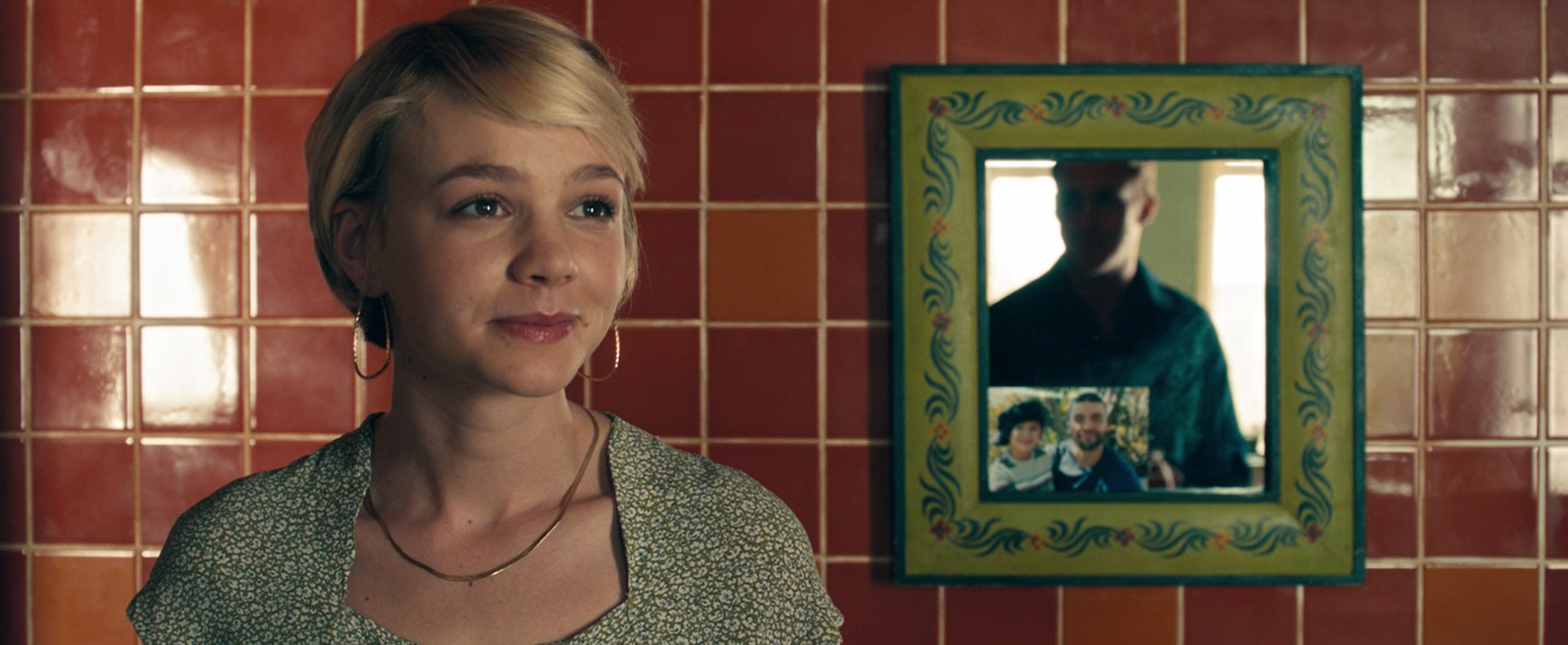
Watching this film again, I’ve fallen head over heels again. So much so that I’m actually looking forward to diving back into Refn’s work by checking out some flicks that I missed (on deck are Neon Demon, Fear X and the first Pusher film.) Hell, maybe I’ll give Only God Forgives another shot.
